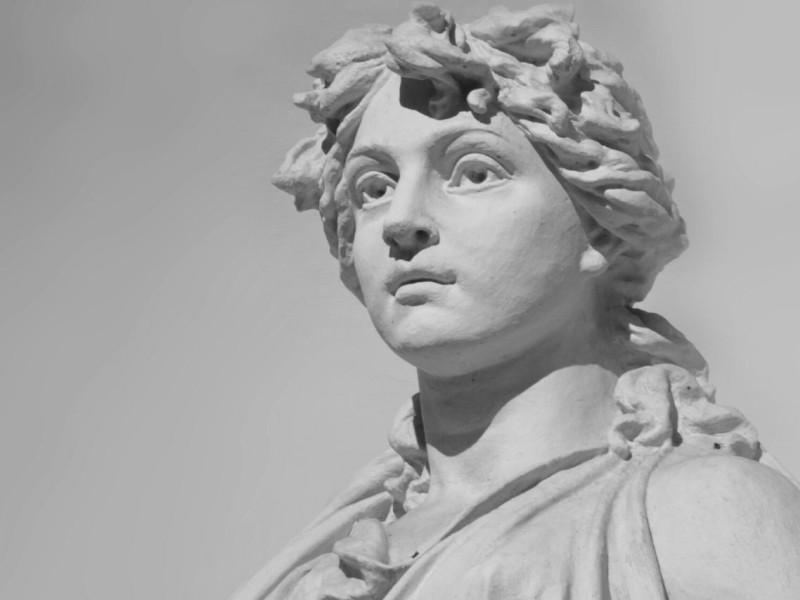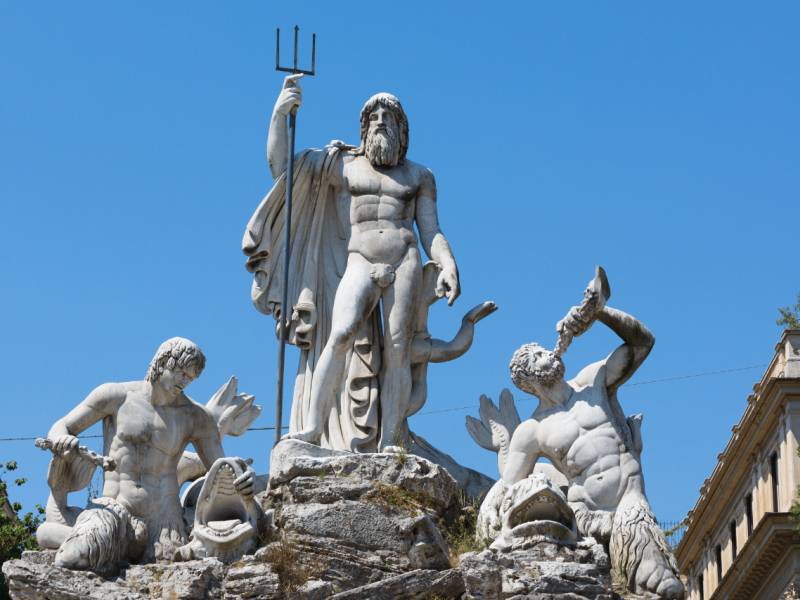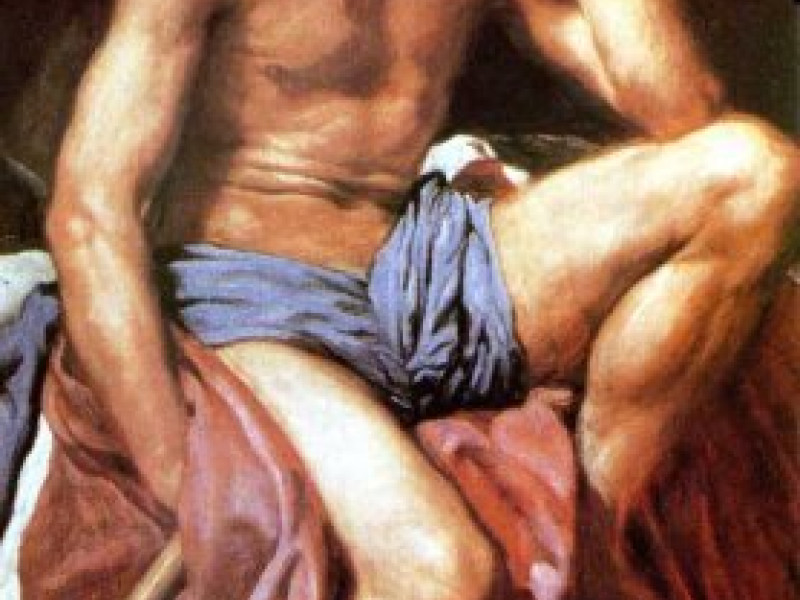Cupid (Amor)
The Roman god of love. Cupid was also called Amor. As Amor, he was seen as a mischievous winged boy-god, armed with a bow and quiver of arrows, which could make gods and mortals fall in love.
The Roman authors adopted the mischievous god from the Hellenistic Eros, instead of the earlier Greek authors, who saw Eros as a more primal or primordial being.
Cupid was the son of Venus (Aphrodite) and Mars (Ares).
Cupid caused many people to fall in love, including the gods such as Jupiter (Zeus) and Apollo.
One time, Apollo insulted and offended Cupid about his archery skill. In revenge, Cupid caused Apollo to fall in love with a virgin nymph named Daphne, who abhorred marriage and men. She was transformed into a laurel tree to escape Apollo's lust.
The only gods who were immune to Cupid's arrows were Vesta (Hestia), Minerva (Athena) and Diana (Artemis).
According to the Roman writer Lucius Apuleius, he wrote in the Golden Ass that Cupid married a mortal princess named Psyche. Psyche was a heroine persecuted by Cupid's mother Venus, but in the end, she was granted immortality, becoming a minor goddess on Olympus. Psyche became the mother of Volupta, the goddess of sensual pleasure. See Cupid and Psyche.
By Jimmy Joe








